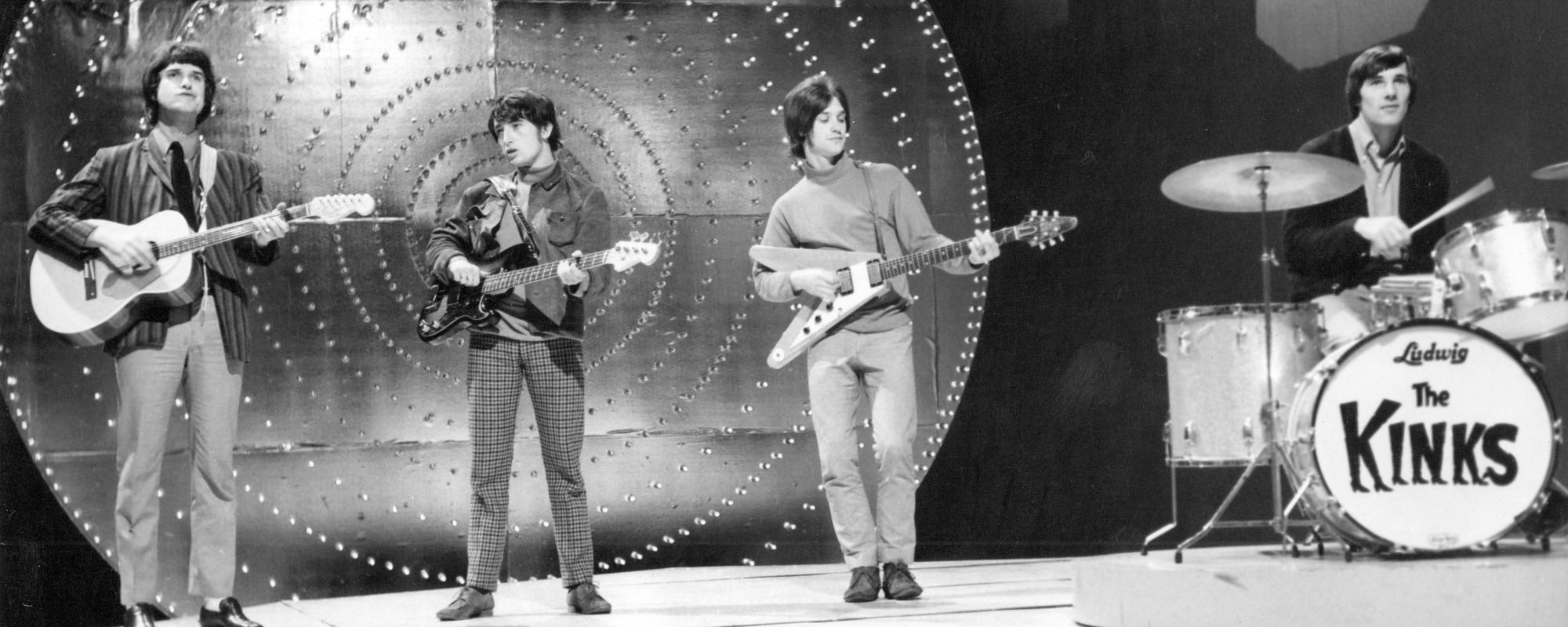Six-string slinger Marty Friedman has returned with his new solo album Drama, a mostly instrumental affair spanning a wide range of genre influences. While many rock performers focus on one genre or style, Friedman likes to journey where his muses take him, and he has the great talent and chops to do it. His lengthy career has often been a study in contrasts—a decade ago, he unleashed the shred-intensive album Inferno, and this release is the polar opposite, delving into more mellow and introspective spaces.
Videos by American Songwriter
Friedman sat down to a video chat with American Songwriter from Japan and offered his thoughts on our four favorite tracks from his latest offering.
“Illumination”
While it would be easy to label this piano-infused track as progressive because of all of its nooks and crannies, it is more classical in nature as the music is guided by its emotion, moving from pastoral tranquility to majestic soloing. There is a nice cascade of piano and guitar harmony near the end.
“It’s definitely closer to classical music than prog rock,” Friedman concurs. “Although I like a lot of it, a lot of [prog] sounds like tangents and just random things connected to each other for the sake of connecting cool odd-time signatures and interesting phrases and stuff like that. My way of writing is completely different. I’m all about taking themes and building human emotion by a more traditional way, like a song from West Side Story, or something like Chopin—how they take a theme and play it in different keys and build to it from different motifs. But the main purpose is to bring you to the peak of the song with the most delicious interpretation of the main melody. That’s my goal. I don’t want to impress people with my abilities or my knowledge of odd time signatures or difficult, intricate phrases. Although sometimes very, very difficult, intricate phrases are necessary to get my point across. They are very much in the background and not the peak.
“In ‘Illumination,’ there’s one part that’s really quite difficult on guitar, but you can barely hear it,” he continues. “It’s one of these really fast arpeggio things that’s in an unusual key, and you can barely hear it but it’s there in the right volume because it’s supporting other parts. So what you take away from the song is not like, ‘Wow, that was some really difficult guitar playing in there, Marty.’ No, you take away hopefully what you described to me—feelings and emotions and maybe some tears and chills and goosebumps and all that stuff. It’s kind of classical in its structure, but it’s more of my fake classical than real classical music.”
“Thrill City”
This is the one rip-roaring metal anthem on Drama, and its inclusion is a nice standout because the vibrant track is so different from the rest of the album.
“’Thrill City’ is put in there for contrast because the entire rest of the album is all ballads,” Friedman notes. “It’s like, if Inferno is black, then Drama is white. It’s the complete polar opposite of the record. Inferno has a ballad (‘Undertow’) that makes the heavy stuff sound heavy, where ‘Thrill City’ is the heavy song within the album that makes the ballads sound more ballad[-like] and more melancholy, more somber, and more dark. So ‘Thrill City’ was that one moment put in there strictly for contrast, and that’s why it exists.”
“Mirage”
Eastern vibes emanate from this mid-tempo composition that showcases Friedman’s ability to be both agile and tasteful on the frets.
“That has a very strange structure,” Friedman remarks. “I had the front half of the song done, and then for the last half I asked [drummer] Gregg Bissonette to improvise for two and a half minutes in the same tempo—start from silence and build it to a loud, noisy crescendo very slowly and gradually and not tipping it too early. He’s one of the few guys on Earth who can pull that off. What he did was just a drum solo, and I wrote the whole back of the song to his drum solo, which I’d never done before. It was an experiment that I could have thrown away, but it was a miracle. It was one of those lucky moments.”
“Icicles”
The guitarist notes that while this romantic track has an ethnic taste to it, “Icicles” is the most progressive of this collection, even though he prefers not to use that term much.
“That sounds like it could have fit on my Scenes album [from 1992], but it’s so much more mature and so much more well thought out,” Friedman notes. “The whole album [Drama] is basically the Scenes album with a lot of years of life experience and musical experience tacked on to it. It’s kind of Scenes on steroids, and ‘Icicles,’ to me, sounds like it’s the most Scenes-like in its sonic landscape, for sure.”
When told the delicate first part of the track sounds like it could be played entirely on Spanish guitar—and there is a little acoustic playing on this mellow electric composition—Friedman replies, “I’ll buy that. I would love to have it played on Spanish guitar, and if I was any good at Spanish guitar I probably would have done it myself. But I’m not. I had a world-class acoustic guitarist, Ami Inoi, play some stuff in the background on this record. And it’s just another instrument. It’s not something that I’ve even come close to mastering.”
That’s a goal for a future album.
When you purchase through links on our site, we may earn an affiliate commission.
Photo by Suhaimi Abdullah/Getty Images for Music Matters 2012











Leave a Reply
Only members can comment. Become a member. Already a member? Log in.